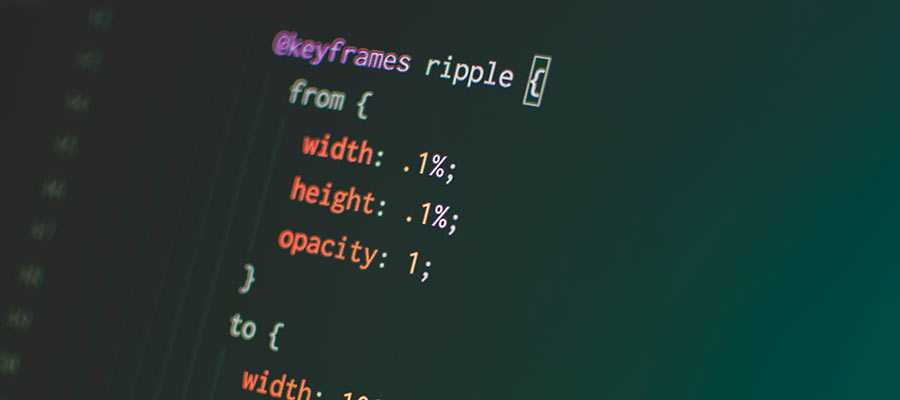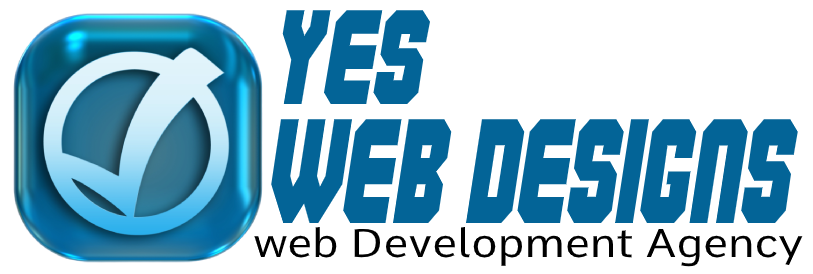Among the many wonders of modern web design is the emergence of codeless design tools. Whether it’s a WordPress page builder plugin (or the Gutenberg block editor), a drag-and-drop UI app, or even a ready-to-use framework, writing code has become optional.
For someone who wants to break into the industry, there’s a temptation to head straight for these types of solutions. And plenty of folks have done just that. Marketers who want to add web design to their menu of services are but one example.
The initial results can be quite good. Many of these tools allow for creating an attractive, fully-responsive website. Functionality can be rapidly added in via plugins. So, what’s the worry?
Even for the simplest of websites, code is still worth knowing. Here are a few reasons why learning it will serve you (and your clients) well in the long run.
In Web Design, the Details Matter
How many websites have you built for a client? Now, how many of them haven’t included any design or layout revisions?
Clients are bound to ask for changes. And, as a designer, you’re likely to want to make your own tweaks as well. Sometimes, these changes will go beyond the capabilities of a code-free tool.
To do more than what your tool of choice offers, you’ll need to know some code. Basic HTML and CSS could be the difference between getting things exactly the way you want them or settling for what you have.
It’s often the little things that turn a decent website into a great one. Even with advancements in technology, code is likely to be the difference-maker. Without those skills, your projects may never get to where you want them to go.

Canned Functionality Isn’t Always Enough
Plugins and code frameworks are capable of some incredibly advanced functionality. You can add anything from a support ticket system to a shopping cart with minimal effort. It’s easy to see why so many of us are taking advantage.
The availability of such canned software might make it seem as if code is unnecessary. Who needs the hassle of writing your own functionality when you can achieve the same thing with a few clicks?
Well, things aren’t quite so simple. None of these packages can cover every possible use case. And clients are famous for adding at least one or two “gotcha” features into projects. Thus, some customization is going to be needed.
This is where it pays to know your way around languages such as JavaScript and PHP. They allow you to not only create your own custom features, but also extend existing products as well.
Just as with design, the right programming skills are key to making a website work in a way that suits your needs. Plus, there’s a sense of pride and accomplishment with being able to tackle these types of tasks yourself.

Future Growth Depends on Increasing Your Knowledge
In order to grow as a designer or as a business, leveling up your knowledge is crucial. And the reality is that tools can only get you so far along on that journey.
Having a fundamental understanding of code lays a great foundation to build upon. It lets you go beyond the ordinary and create truly custom solutions for your clients. This results in the ability to take on more complex projects and increase your revenue stream.
It should be noted that there is another option here: hiring a developer or two to handle whatever needs arise. That would theoretically allow you to avoid digging into programming. But even that has its limits.
Part of knowing a particular language is having the ability to accurately assess a project’s needs. Even if you’re simply passing along those details to another developer, it’s still nice to have a grasp of what is required. This facilitates better communication and is likely to increase efficiency as well.
And there will likely be situations where it’s just easier and more budget-friendly to take care of something yourself. Having those skills means that you have options. Otherwise, you’re forever at the mercy of someone else.

Convenient Tools Aside, Familiarity with Code Is Essential
There’s nothing wrong with utilizing tools that write code for us. They save precious time and allow us to achieve some impressive results.
Yet, code is the underlying foundation of it all. If there’s something one of these tools or products doesn’t do, the odds are that a knowledgeable developer can fill in the gap.
If you’re a non-coder, the whole idea of learning may sound intimidating. After all, there are so many potential languages to master. But don’t let that stop you.
You don’t have to be a full-on expert in any one area to be successful. No one will expect you to write the next great plugin shortly after studying PHP. Likewise, you don’t have to break any layout barriers once you know a bit of CSS.
It’s more about developing a working knowledge of the technologies you’re using. A basic understanding of HTML and CSS, for example, will be a big help in troubleshooting layout issues. Once you figure out the solution, it’s yet another feather to put in your cap.
Start small and work your way up. Over time, you’ll find that a little bit of code can take you a long way.
The post Web Designers Can Get by Without Knowing Code. Here’s Why They Should Learn Anyway. appeared first on Speckyboy Design Magazine.
